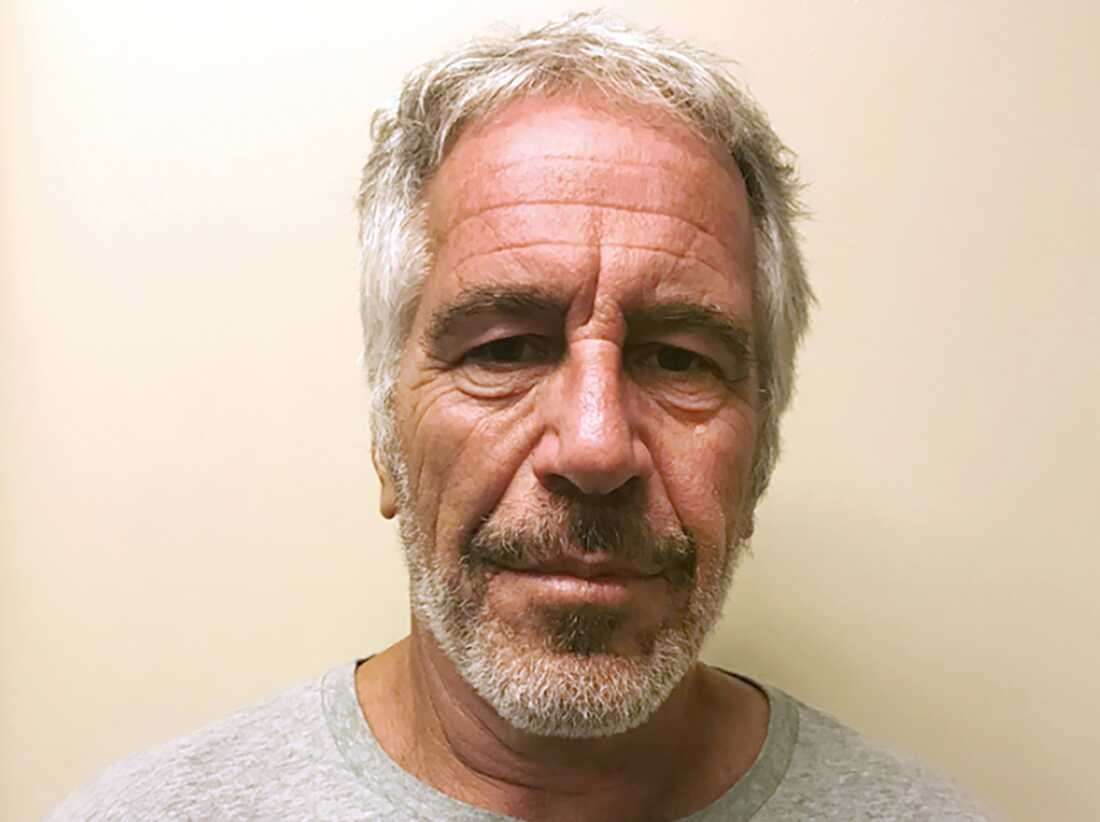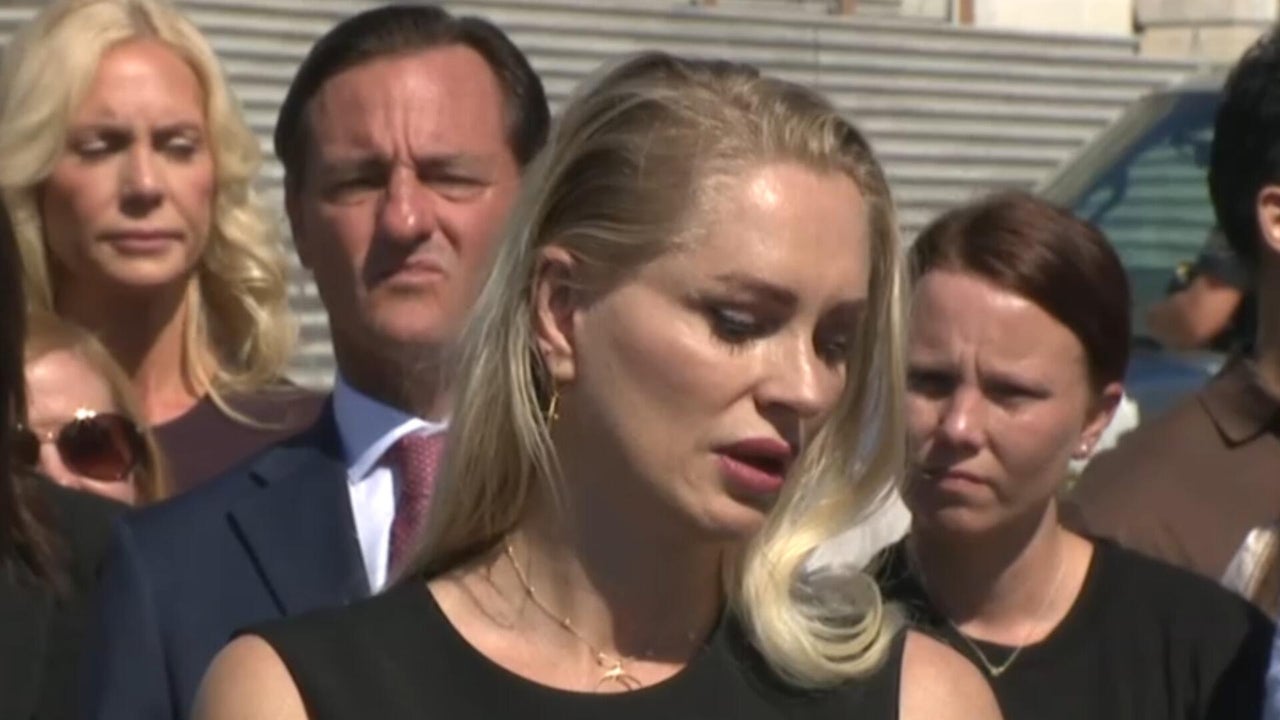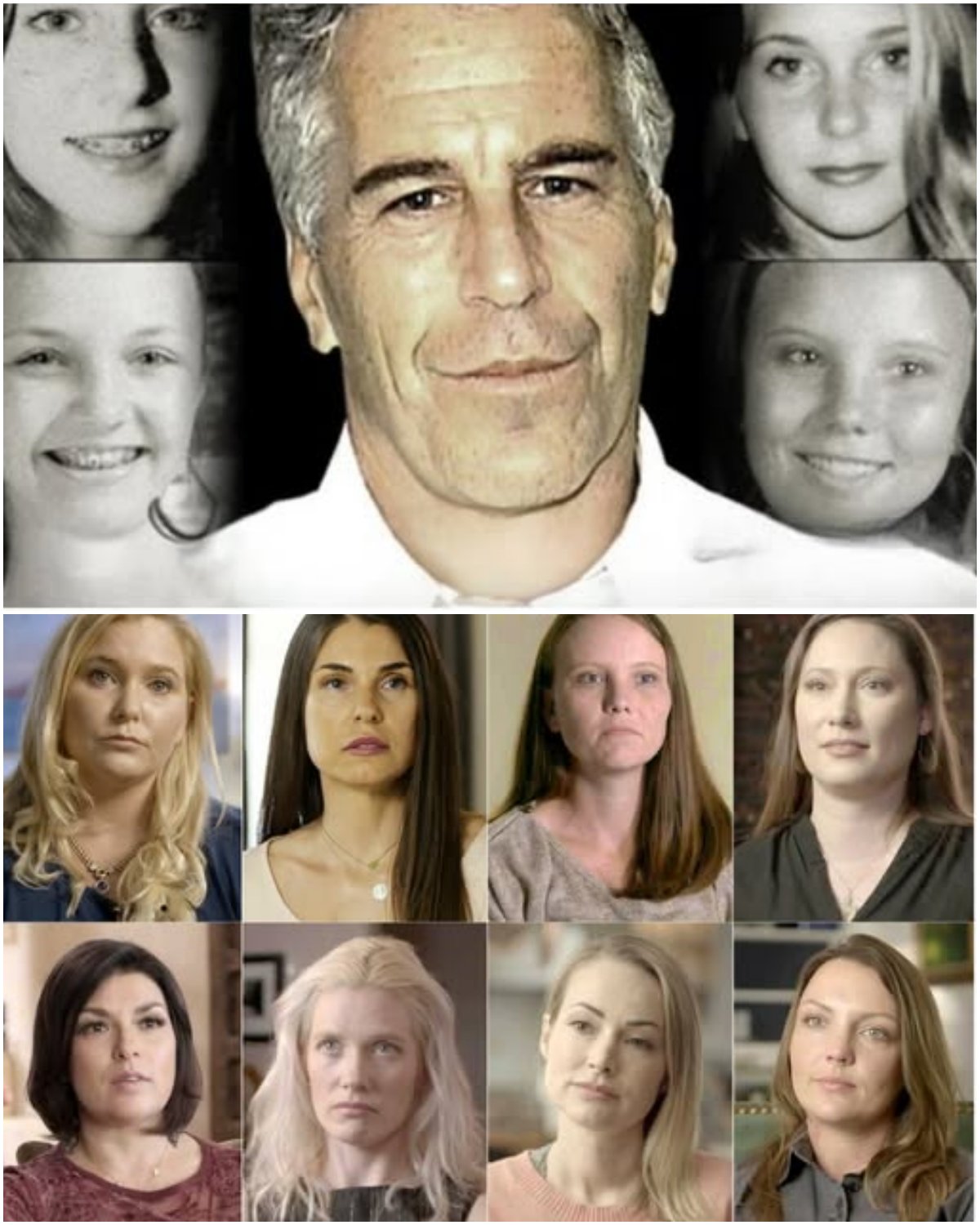For many years, Jeffrey Epstein’s circle of wealth, influence, and mystery attracted significant public curiosity. After his arrest in 2019, a wave of renewed reporting revealed layers of questions about the people around him, the properties he controlled, and the systems that allowed him to operate for so long without substantial legal consequences. Among the properties that drew worldwide attention was Little Saint James, a private island in the U.S. Virgin Islands. While its surface presented turquoise waters, palm trees, and remote luxury, later investigations revealed that the island played a central role in the federal cases that ultimately reshaped the public’s understanding of Epstein’s network.

Epstein’s story did not begin with wealth or power. Born in Brooklyn in 1953, he started his professional life in education before transitioning into finance. His rise was accelerated through a prominent business relationship with Leslie Wexner, the billionaire founder of retail brands such as Victoria’s Secret and Bath & Body Works. Public records show that Wexner entrusted Epstein with significant authority over financial matters, granting him a level of access that allowed Epstein to purchase high-value properties, aircraft, and other assets. This relationship placed Epstein in circles that included political figures, academics, philanthropists, and business leaders. Many of those individuals later distanced themselves publicly as allegations against Epstein resurfaced in national headlines.
Epstein’s close associate, Ghislaine Maxwell, played a significant role in the investigations that followed. Maxwell came from a well-known British media family and had lived an international life before relocating to the United States. Over time, she became deeply integrated into Epstein’s social and personal environment. Court documents and testimony from multiple civil and criminal proceedings later described Maxwell as someone investigators believed was engaged in managing aspects of Epstein’s social activities and relationships. Her involvement became a central issue during federal probes, ultimately leading to her arrest and conviction.
Little Saint James, purchased by Epstein in 1998, became symbolic of his wealth and isolation. Satellite images and visitor accounts described a property equipped with multiple structures, private docks, and strictly controlled access points. Former employees and individuals familiar with the island later provided statements about daily operations, though many details remain sealed in ongoing civil litigation. The island appeared repeatedly in federal indictments, civil lawsuits, and investigative reports. Its seclusion raised concerns for investigators, and it became one of the central locations examined when authorities sought to understand the scope of activity surrounding Epstein.

The earliest major challenge to Epstein’s operations emerged in 2006, when local police in Palm Beach, Florida began investigating complaints involving underage individuals. A search of Epstein’s residence uncovered information that formed the foundation for a lengthy legal review involving local prosecutors and the U.S. Attorney’s Office for the Southern District of Florida. What followed was one of the most controversial prosecutorial decisions in modern U.S. legal history: a non-prosecution agreement approved in 2008.
According to public court filings, the agreement shielded multiple unidentified individuals from federal charges and resulted in Epstein receiving a reduced sentence. Under the terms of that agreement, he served 13 months in a county facility and was allowed work-release privileges that enabled him to leave the jail building for extended hours each day. Legal scholars, advocacy groups, and journalists later criticized the agreement for a lack of transparency and for excluding alleged victims from participating in the decision-making process.
Despite his legal status, Epstein continued to move in high-profile social circles following his release. He hosted events, contributed to philanthropic projects, and maintained communication with well-known individuals. In later interviews, multiple public figures expressed regret about those interactions, stating they would not have maintained contact had they fully understood the allegations being made at the time.

By 2018 and 2019, new civil cases brought renewed scrutiny to Epstein’s activities. Public interest intensified following the publication of previously sealed documents and a widely read investigative series by The Miami Herald. The reporting highlighted longtime concerns regarding the 2008 non-prosecution agreement and questioned why it had gone unchallenged for so long. It also detailed the experiences of women who said they were harmed by their interactions with Epstein, many of whom had been advocating for transparency and justice for more than a decade.
The renewed attention led to Epstein’s arrest in July 2019 at Teterboro Airport in New Jersey. Federal prosecutors in New York charged him with multiple counts related to alleged trafficking and abuse of minors. Epstein pleaded not guilty and awaited trial at the Metropolitan Correctional Center in Manhattan. His arrest marked a turning point in how federal agencies handled the allegations and initiated a more comprehensive review of his network.
On August 10, 2019, Epstein was found unresponsive in his cell and later pronounced dead. The New York City medical examiner ruled the death a suicide. However, procedural lapses at the facility—including staffing shortages, malfunctioning cameras, and failures in inmate monitoring—prompted further investigations. Multiple agencies reviewed the circumstances surrounding his death, leading to disciplinary action for several correctional officers and continued debate among legal experts and the public.

Maxwell was arrested in July 2020 following a federal search in New Hampshire. Federal prosecutors charged her with multiple counts related to grooming, conspiracy, and participation in facilitating Epstein’s activities. Her trial in 2021 featured testimony from several women who described their interactions with Maxwell and Epstein during the early 2000s. After a multi-week trial, a jury found Maxwell guilty on five federal counts. In 2022, she received a 20-year federal sentence.
Meanwhile, properties linked to Epstein—including Little Saint James—were sold through processes overseen by the Epstein Victims’ Compensation Program, an independent fund established to provide financial compensation to eligible claimants. The program ultimately distributed more than $120 million to survivors who participated voluntarily and met the criteria established by the fund’s independent administrators.
Today, the legacy of the Epstein case remains the subject of ongoing legal requests, investigative reporting, and public interest. Many survivors continue advocating for the release of sealed documents, arguing that transparency is essential for understanding how systems of wealth and influence protected individuals from appropriate scrutiny. Federal judges have gradually unsealed portions of the record, and more releases are expected in accordance with court rulings.
Survivors connected to the cases involving Jeffrey Epstein and Ghislaine Maxwell have continued to speak publicly about their experiences, focusing on the long-term emotional and psychological impact of the misconduct they endured. Many have emphasized how difficult it was to come forward, describing years of confusion, fear, and pressure that kept them silent. Their recent statements highlight the importance of being believed and supported, especially in situations where there is a significant imbalance of power. Several survivors have also expressed relief that the justice system eventually acknowledged what happened to them, even though the legal process was lengthy and often painful.

By sharing their experiences, they hope to encourage other individuals in similar situations to seek help and to highlight the need for stronger systems that protect vulnerable people. Advocates working with the survivors say their voices have played a key role in raising awareness about patterns of manipulation and exploitation, as well as the institutional failures that allowed the misconduct to continue for so long. While each survivor’s story is unique, they share a common goal: ensuring that future cases are handled with greater transparency, accountability, and compassion. Their testimonies continue to shape the broader conversation about protection, consent, and justice.
The case has prompted broader discussions about safeguarding vulnerable individuals, improving institutional oversight, and ensuring that legal outcomes are not disproportionately influenced by wealth or social status. Policymakers, legal advocates, and child-protection organizations have used the case as an example of the necessity for stronger reporting systems, consistent enforcement, and better oversight of institutions engaged in youth-related work.
In the end, the most meaningful impact comes from the individuals whose voices brought the case to light. Their persistence transformed long-overlooked allegations into one of the largest federal investigations of its kind. Their efforts continue to remind society that systemic accountability is possible—and that transparency, legal reform, and empathy are essential tools for protecting the vulnerable.
Sources
-
U.S. Department of Justice: Epstein Case Records – justice.gov
-
Ghislaine Maxwell Trial and Sentencing – BBC News
-
Investigative Reporting on the Epstein Network – The Miami Herald
-
Epstein Victims’ Compensation Program Summary – Bloomberg
